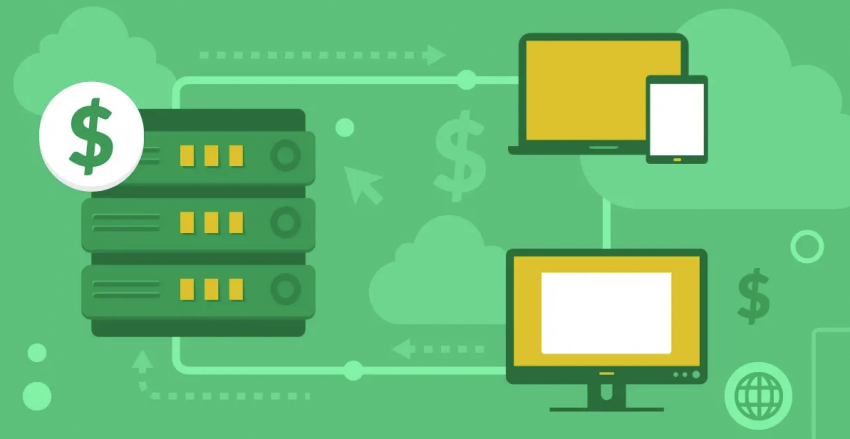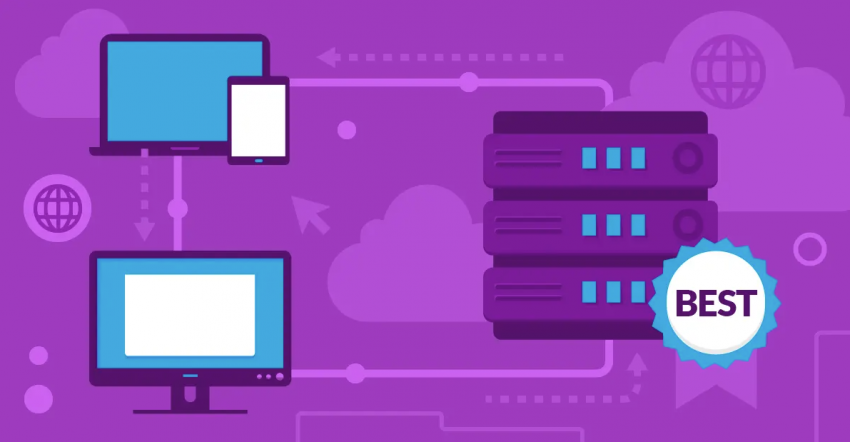Inside this Article
I tested both hosts and compared them in five crucial areas:
Performance
Arvixe’s Performance Is so Poor, It Makes GoDaddy Seem Blazing Fast
If your web pages don’t load quickly, your visitors are much more likely to click away – just a three-second page loading time can cause over 50% of people to abandon your website. That’s a good way to lose business. Arvixe’s recent performance has improved considerably, but its past issues with both speed and uptime make me cautious about the reliability of its servers. First, its uptime record in the past has been the absolute worst I’ve seen – and I’ve reviewed a lot of web hosts. In one recent month, uptime was only 57.98%, which equates to 302 hours of downtime over the course of a month. Sure, uptime is better now, but it’s still a concern. Arvixe does have a 99.9% uptime guarantee, which gives you an account credit if downtime is more than 45 minutes in a month. But its terms of service document has a long list of exclusions, including:- Scheduled maintenance
- DDoS (distributed denial of service) or similar attacks
- Hardware failure
- Third-party software failure
- Customer maxing its resource container
- Issues resulting from errors or omissions by the customer
- Issues relating to the customer’s ISP, firewall blocks/bans
- Any other circumstances beyond Arvixe’s reasonable control
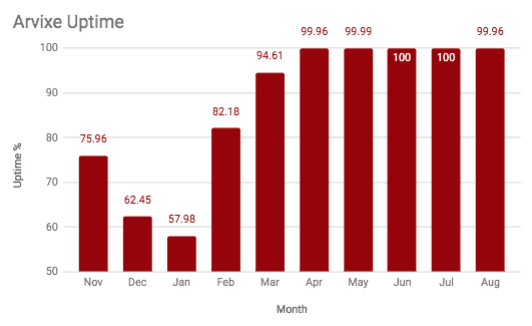
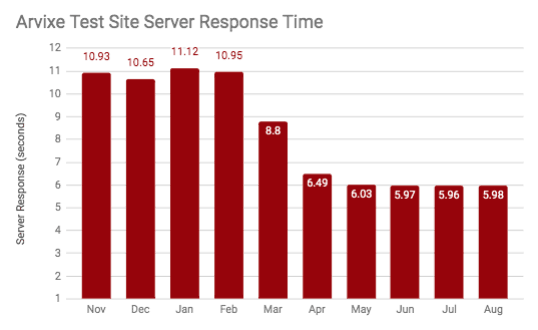
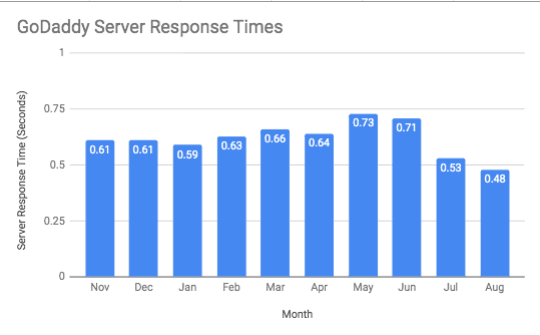
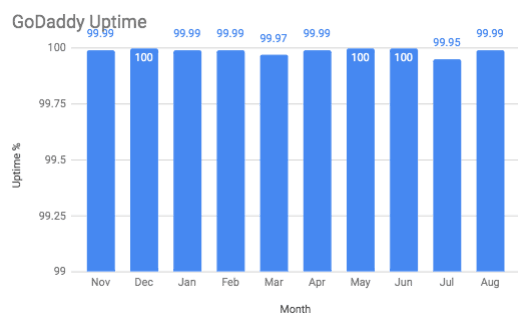
Features
GoDaddy Gives You More – Arvixe Has Restrictions
What you get with your hosting package can really sway your final decision, and while you’ll get unlimited storage on all of Arvixe’s plans, as well as free migrations of up to 5 GB, GoDaddy throws in more features overall. For example, you get unlimited websites on all GoDaddy plans except Economy, offers a free SSL Certificate on the Ultimate plan and above, and gives you extras such as ImageMagick for easy image resizing to improve website performance.| Feature | Arvixe | GoDaddy |
| Bandwidth | Unlimited on all plans | Unlimited on all plans |
| Data Storage | Unlimited on all plans | 100 GB on Economy, unlimited on all other plans |
| Number of Websites | Six on Personal plan, unlimited on Pro plan | One on Economy, unlimited on all other plans |
| Free Domain Name | Yes, for one year | Yes, for one year with an annual plan |
| Migrations | Free during the first 45 days, but limited to 5 GB and with no guarantee if something goes wrong | No |
| Backups | Daily, but they are R1 snapshots rather than full backups, and there’s no automatic restore feature | Yes, there’s database backup and restore included in all plans |
| Free SSL | No | Yes, on the Ultimate plan and above |
| Hosting OS | Linux and Windows | Linux and Windows |
| PHP Version | 5.6 – with support for up to 7.0 on some servers | 7.2, 7.1, 7.0, 5.4-5.6 |
| Fraud, Virus, and Spam Protection | Spam protection on email accounts only | Yes, on all plans |
| Free Business Email (Office 365) | No, only basic email accounts – though these are unmetered | Yes, for the first year |
Security
GoDaddy Makes Protecting Your Website Simple – Arvixe Leaves You to Make Your Own Arrangements
You might expect your web host to provide all the protection you need for your website – but it’s a growing trend for hosts to expect you to pay extra for security. When I questioned GoDaddy about this, the support agent gave me a really helpful metaphor that explains web security really well. If you move into a house, you can expect there to be doors and windows that you can lock – but the responsibility for locking them is up to you. If you have high-value items in your house, you might pay for insurance or an additional security system, and this is comparable to purchasing additional security for your website.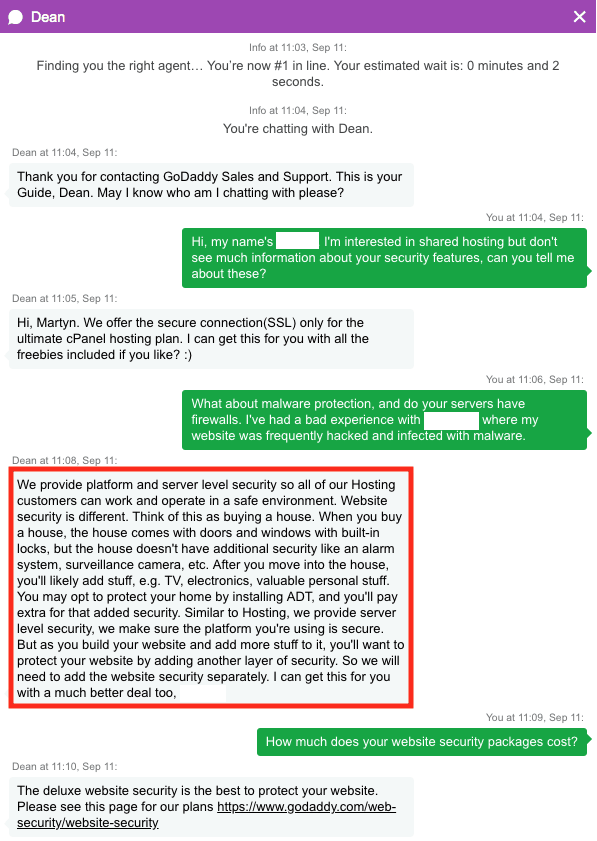
Value for Money
GoDaddy Offers Extra Features, but Beware the Checkout Add-Ons
Does cheap hosting equal good value? Sometimes, yes, but when you’re making your decision, you need to be on the lookout for hidden costs and (sometimes) deceptive sales-page pricing. For example, both Arvixe and GoDaddy seem to have low prices – but when you get to checkout and want to pay monthly rather than annually (or for two or three years), you’ll see the prices go up. You only get the lowest prices when you pay up front for the long term – with Arvixe, it’s two years, and with GoDaddy, it’s three years. Then there are the renewal prices. Arvixe doesn’t increase prices when you renew, but GoDaddy does — and you can expect to pay up to 33% more when you renew. Both Arvixe and GoDaddy have money-back guarantees – with Arvixe you can get a refund within the first 45 days, while GoDaddy offers a 30-day money-back guarantee period. GoDaddy does throw in some valuable extras, such as CloudLinux (to improve the speed/performance of your website) and ImageMagick. Great! But then GoDaddy automatically selects add-ons during the checkout process. If you don’t thoroughly review your cart, you could end up paying for things you weren’t expecting.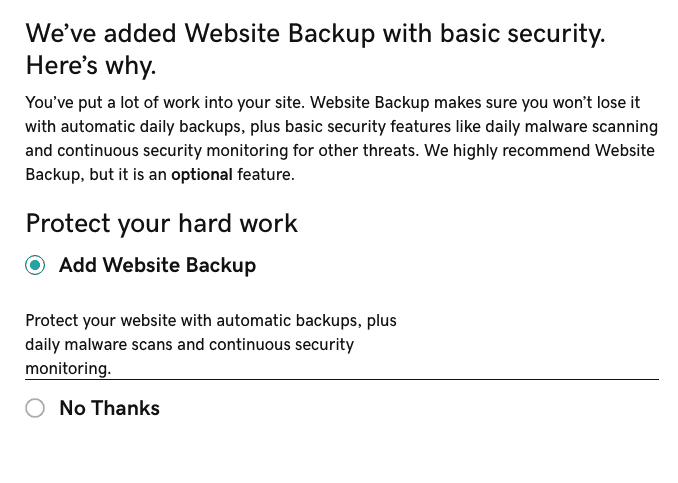
Customer Support
24/7 Help from Both Arvixe and GoDaddy, but GoDaddy Responds Faster
Will Arvixe assist you during the nighttime if a critical issue occurs with your website? The brief response is “yes” for Arvixe and “yes, but…” for GoDaddy. Arvixe’s support is 24/7 via live chat and a ticketing system. There’s no phone support. By contrast, GoDaddy offers phone support 24/7 in many countries (with local or toll-free numbers to call) and live chat support Monday through Friday. As far as support response times, I’ve faced some long waits with GoDaddy in the past, but its support is definitely improving, and in recent months I’ve been connected via live chat almost instantly, and my issues were resolved quickly. Arvixe, on the other hand, seems to be experiencing more issues with response times. For example, I contacted the support team via live chat and waited an astonishing 48 minutes to be connected. That’s despite a promise to connect me within five minutes! I also struggled to get the answers I needed from Arvixe, due to the support agents having a seemingly poor grasp of English. And the winner is: GoDaddy. Its support is not only faster than Arvixe’s, it’s more efficient, too.GoDaddy Outperforms Arvixe in Almost All Areas
Choosing between budget hosts can be difficult when they seem to offer the same things, but GoDaddy is a clear winner. Arvixe doesn’t even come close to matching GoDaddy’s performance, and GoDaddy shines in other areas, too.Our Recommendations
Quite simply, GoDaddy is the better choice. You can depend on GoDaddy for uptime and speed, and its features give you everything you need, whether you’re building a business website or a personal website. Learn more in our GoDaddy review, where we put the company to the test. With Arvixe’s issues around uptime and speed, I wouldn’t risk choosing it for hosting. Sure, it’s cheaper overall, but if you’re running a business website, the cost of lost revenue during downtime is much higher than the small savings you’d make on hosting. This comparison is part of a big project here at Website Planet, where we tested major web hosts from all over the world. Don’t miss our list of the best web hosting services.Performance
Uptime has recently improved, but it has had some serious issues with long periods of downtime
Compared to Arvixe, GoDaddy is incredibly fast – and much more reliable, too
Features
Unlimited storage on all plans, plus free website migrations in the first 45 days
A free SSL certificate on certain plans, and extras such as ImageMagick
Security
Server security is good, but you have to arrange your own additional security through SiteLock
GoDaddy offers extra security (in addition to server-side security) at a lower price than through the Arvixe third-party add-on
Value for the Money
No price increases on renewal
Advertised prices require a three-year up-front commitment, and prices increase on renewal
Customer Support
24/7 support via ticket and live chat, but response times are slow and there can be communication issues with support agents
24/7 phone support in some countries, but no ticket support, and live chat only available Monday through Friday



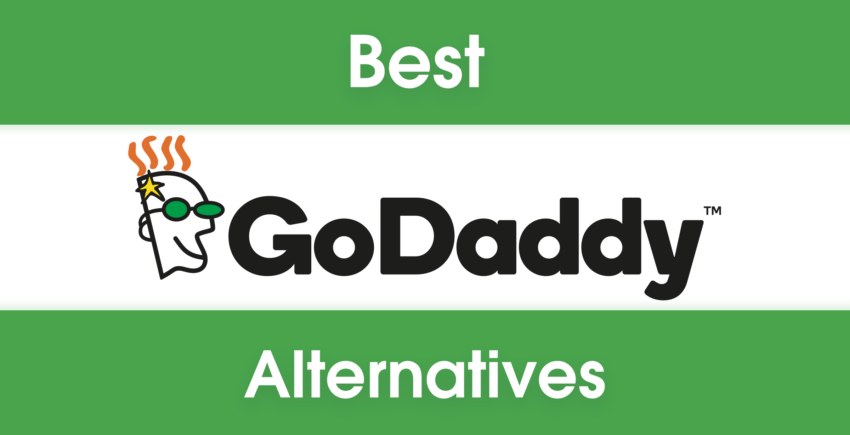

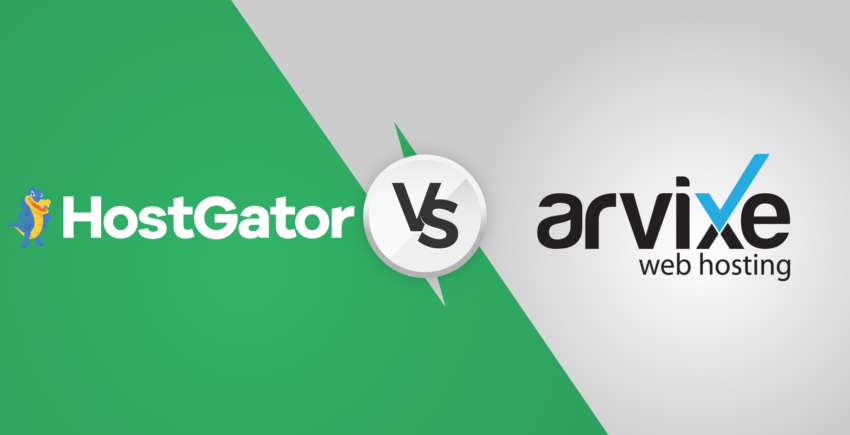
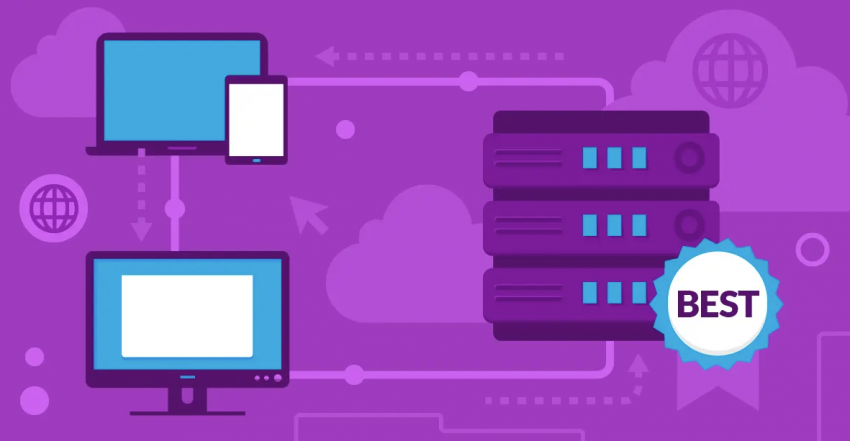

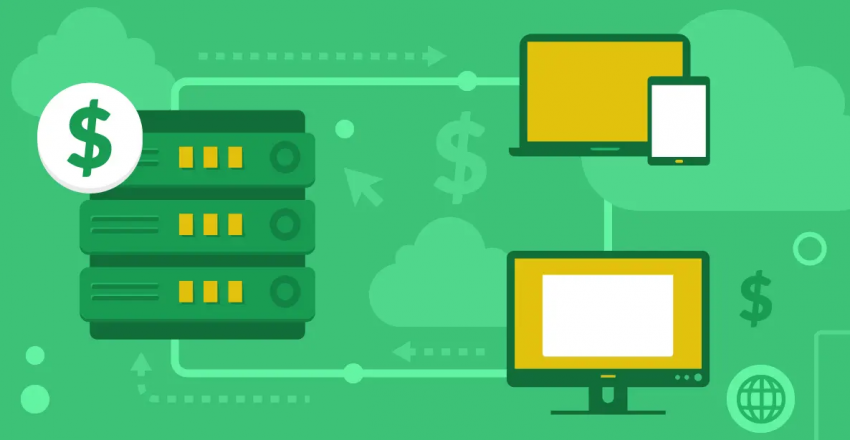

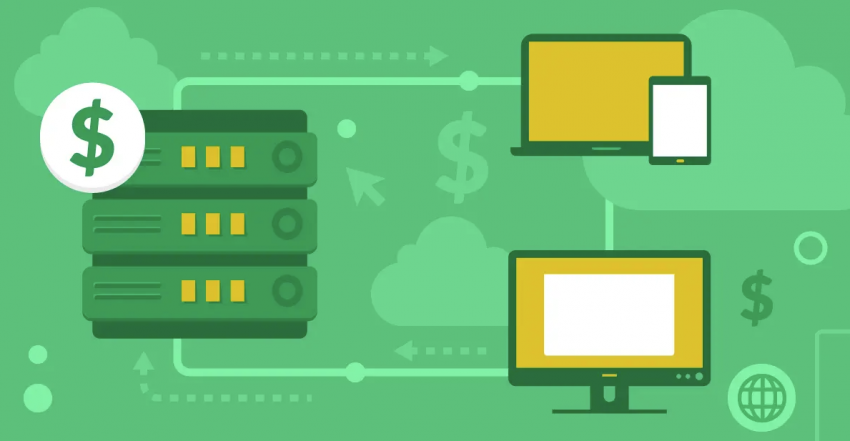
![How To Start a Clothing Store Online: A 6-Step Guide [2024]](https://dt2sdf0db8zob.cloudfront.net/wp-content/uploads/2024/06/How-To-Start-a-Clothing-Store-Online-img-02-e1718982195142-850x485.png)
